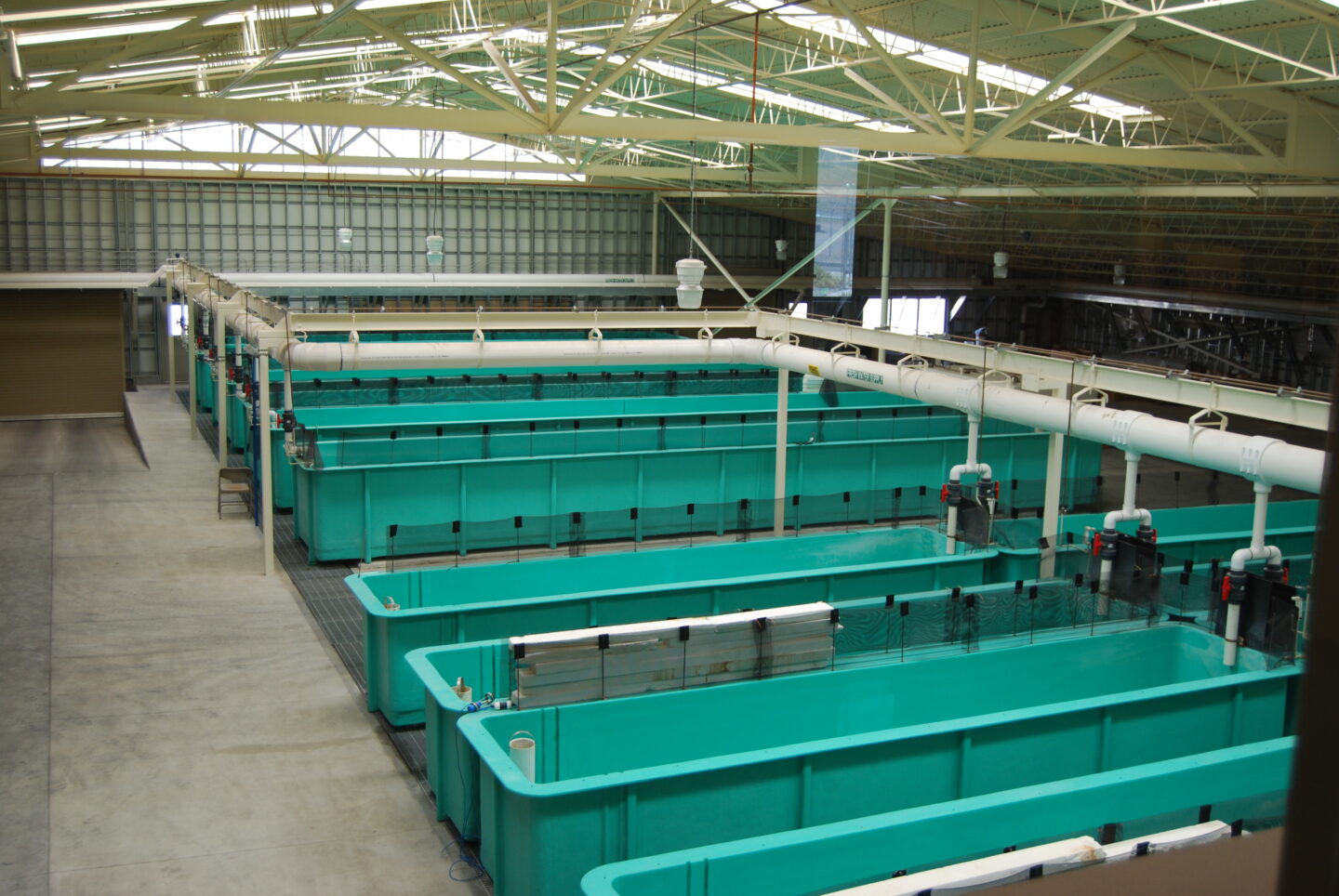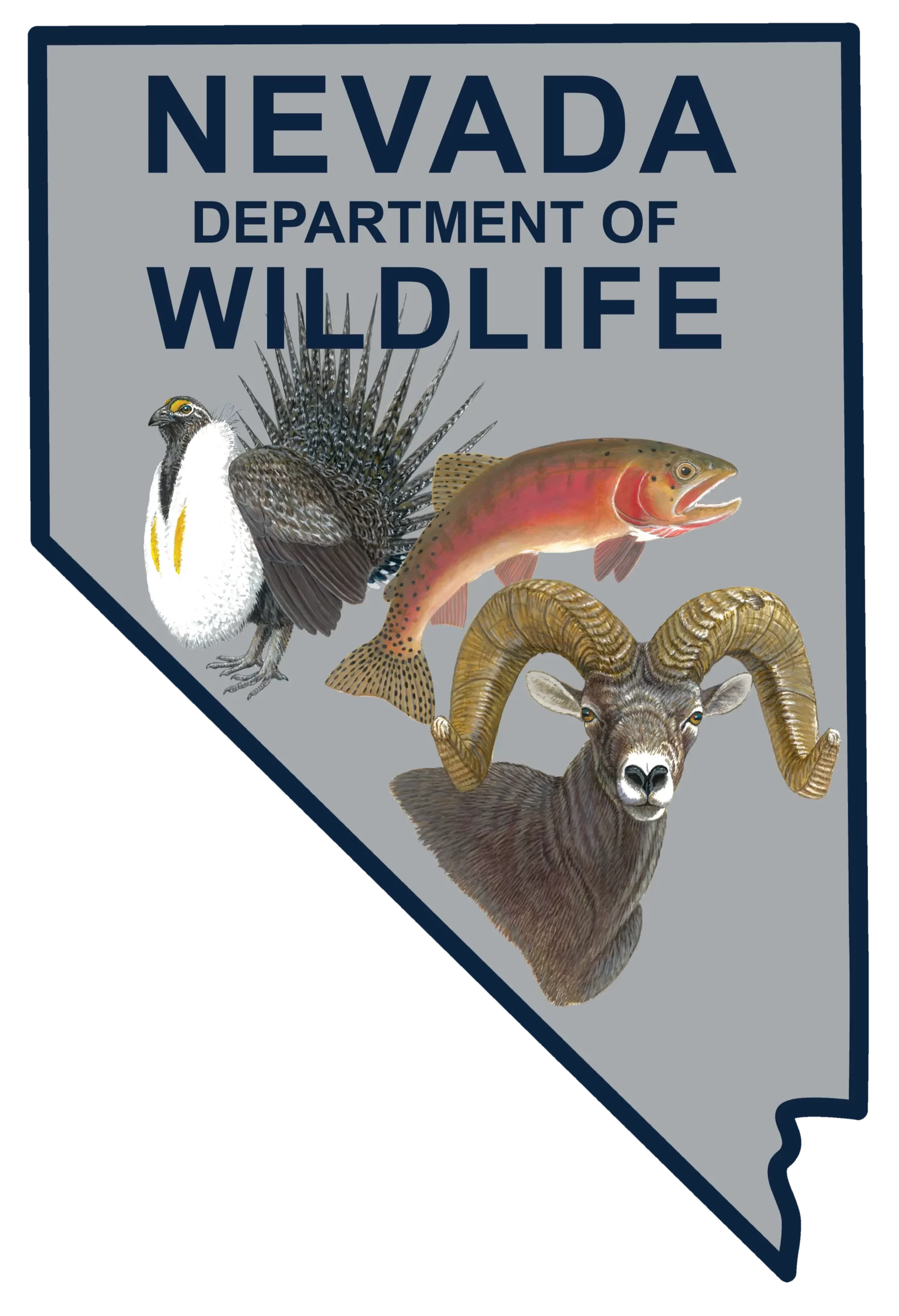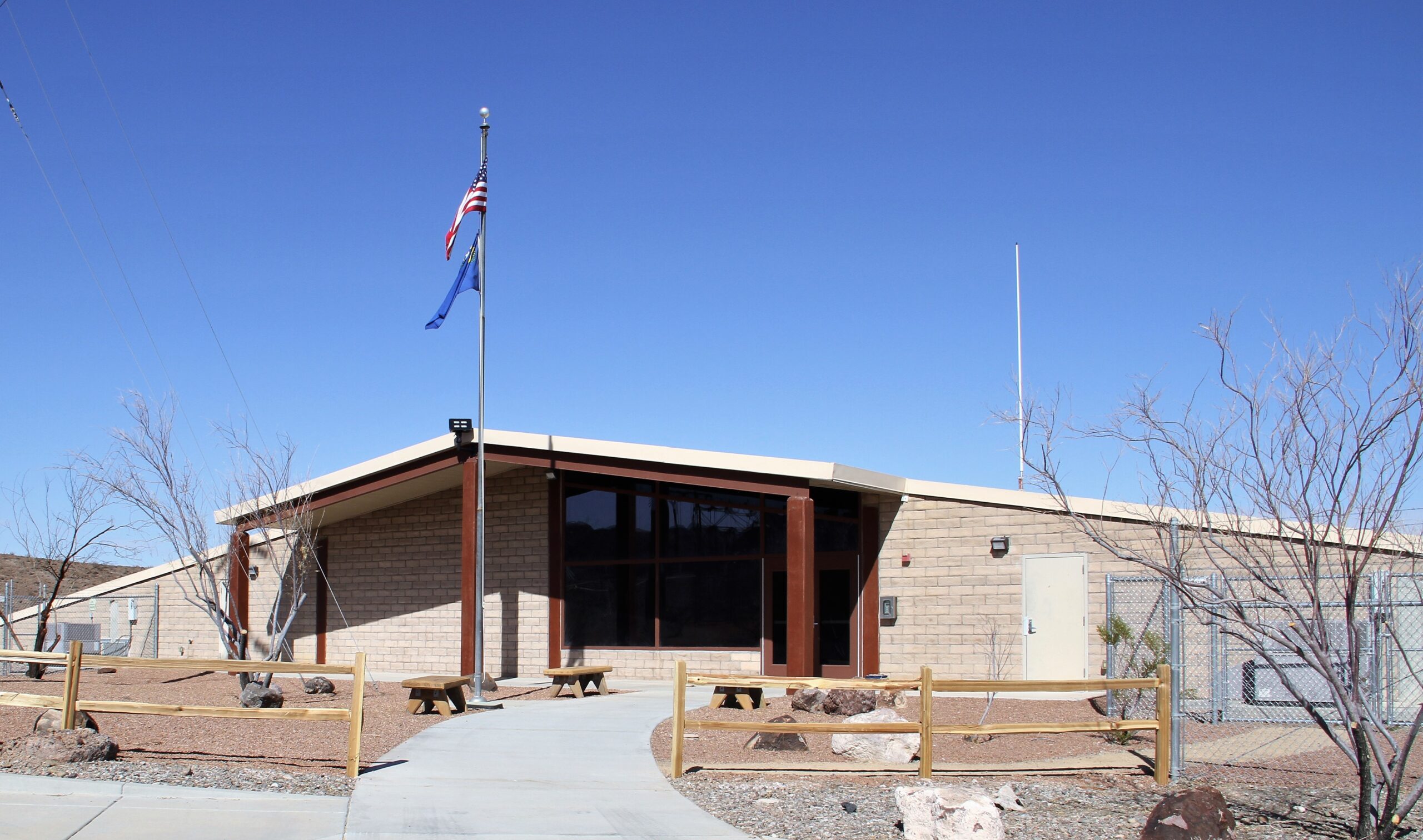
Las Vegas, NV — Lawmakers on the State Interim Finance Committee (IFC) approved the addition of $3.1 million in federal funds to the Nevada Department of Wildlife (NDOW) budget for the replacement of the Lake Mead Hatchery’s water supply line. Falling water levels on Lake Mead have stopped the current water intake from working, leaving the hatchery inoperable.
“As extreme drought conditions persist across the state, the replacement pipeline will ensure we can continue conservation work to keep native fish in Nevada’s waters,” said NDOW Supervising Fisheries Biologist Brandon Senger. “NDOW is proud to work with numerous conservation partners across the state. This project is another example of the success we can have through cooperative partnerships”.
The Lake Mead Hatchery is one of Nevada’s only hatcheries dedicated to native fish rearing and the only state operated facility dedicated to raising endangered bonytail chub and razorback suckers. However, by early 2022, all fish had to be moved from the facility due to the lack of water supply. To resume operations, NDOW entered into a cooperative agreement with the Southern Nevada Water Authority (SNWA), who will design and build the replacement pipeline to create an alternative water source. When completed, the pipeline will convey untreated Lake Mead water from the SNWA’s existing intake facilities to the hatchery. Since the hatchery is a pass-through system, water used to operate the hatchery will immediately return to Lake Mead.
“As we continue to adapt to climate change, this project will help protect native fish species in the lower Colorado River, which is critical to protecting and maintaining the river’s ecosystem and balancing the needs of the environment with the urban and agricultural water uses along the Colorado River,” said John Entsminger, SNWA General Manager.
The Lake Mead Hatchery is part of a network of hatcheries that support the Lower Colorado River Multi-Species Conservation Program (LCR MSCP). This 50-year, multi-agency program was created to balance use of Colorado River water with the conservation of native species and their habitats in accordance with the Endangered Species Act. The augmentation component of the LCR MSCP calls for the rearing and stocking of approximately 1.2 million native fish – razorback suckers and bonytail – into the Lower Colorado River over the life of the program. Before stopping operations, the Lake Mead Hatchery produced approximately 13,000 razorback suckers and 6,500 bonytail for the program in fiscal year 2022. The new pipeline will allow NDOW to continue to meet the program’s requirements. The Bureau of Reclamation, lead agency for the LCR MSCP, is contributing $8.9 million to the pipeline project, which has a total estimated cost of about $12 million.
“Continued operation of the Lake Mead Fish Hatchery is a crucial component in the Lower Colorado Multi-Species Conservation Program’s fish augmentation program. Without its continued operations, the LCR MSCP will be severely impacted,” said Jim Stolberg, MSCP Fisheries Group Manager for the Bureau of Reclamation.
The IFC approved $3.1 million in funding was made available through the American Rescue Plan Act. Work on the first phase of the replacement water supply line project is currently underway.

